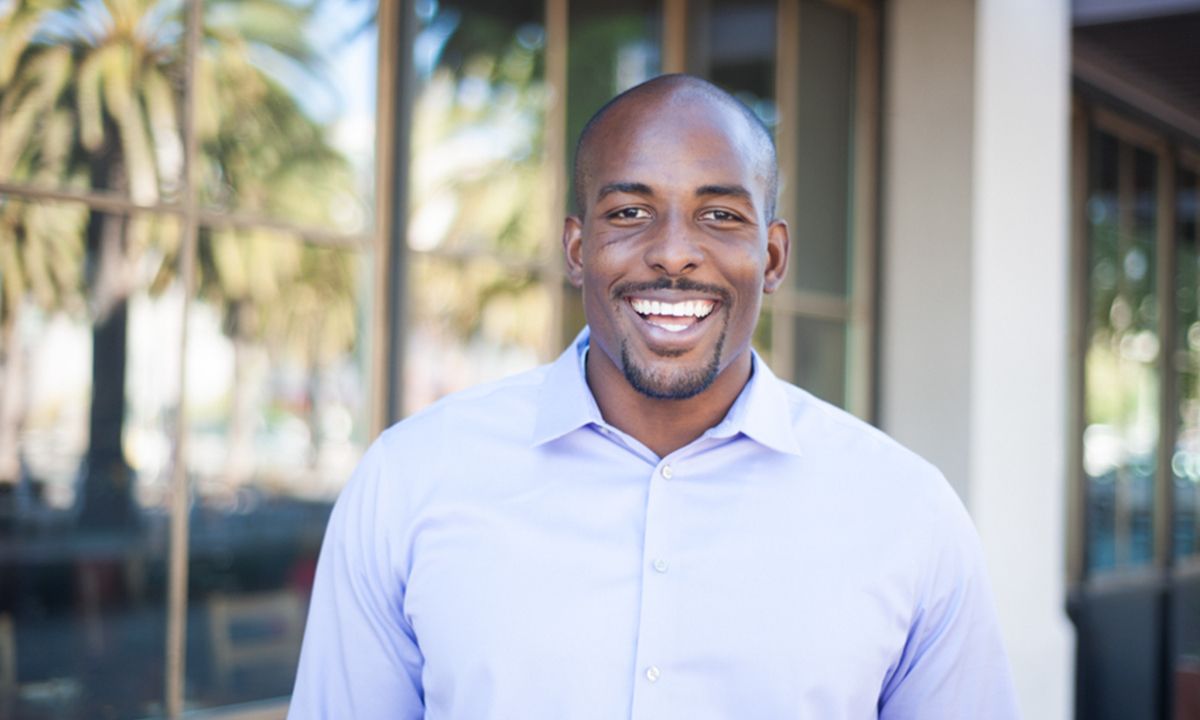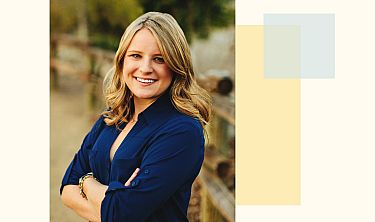Most of us have some flexibility in our jobs. Increasingly, work doesn’t have to happen at work. Nationally, telecommuting has grown 103 percent in the past 10 years.
At Indy, we’re always looking for resources to help our people find the right work-life integration, and we’ve been following the thought leaders at FlexJobs, an online service for professionals seeking flexible work, for several years.
FlexJobs held a forum in Washington, D.C., to talk through the very real and growing trend of flexible and remote work and to think about the new issues our changing workplace brings for employees, managers and organizational leaders.
To learn more about the conversations that happened in D.C., we called Peter Yobo. Yobo spent years as a technology consultant and millennial voice at PricewaterhouseCoopers, and he became one of the company’s most passionate advocates for rethinking the way work works. Since our interview, Yobo has moved over to work in Innovation Strategy for TYG Consulting.
How did you get interested in work flexibility and how companies can make work more flexible?
Flexibility is where the workplace is going. My passion project has become understanding millennials, their challenges in the workplace, and helping organizations solve for those challenges. As a millennial myself, I’d been working for two or three years at PwC when I started to wonder what was next for me. What should my strategy be moving forward in my career? When I got married and started to think about having kids, I got to a crossroads and knew I’d have to figure something out that would work for me — to let me be a high performer and deliver for my clients, but also make time for other parts of my life.
I quickly realized that everyone else was going through the same thing — within PwC and outside PwC. I started reading research about millennials as a group, and learned that 91 percent of millennials switch jobs every two to three years. I realized there were a lot of issues millennials were speaking about (to each other), but not speaking up about.
Millennials are looking for flexible work arrangements, but it’s not really just about millennials. We’re just speaking up about it now, at a time when technology is enabling a different way of working. A lot of people are saying, “Why do I need to be in the office when I could just teleconference in?”
You’ve been been an advocate for flexibility at PwC. What has PwC done to make work more flexible?
PwC is investing in flexibility. We started the Flexibility2 initiative a few years ago to focus on two elements of flexibility: policy and culture.
Flexibility2 means shifting how we work, when we work and where we work, and making time for what’s important to each of us personally. It doesn’t necessarily mean working less, but working differently, so that all of us can participate in the things that matter most to us in our personal lives. We believe that a flexible environment leads to better morale, increased productivity, overall satisfaction and higher retention rates.
We put the policies in place to encourage flexibility work arrangements. The policies guide people on how to have conversations with managers about flexibility and how leaders should set expectations. There isn’t one scheduling answer that works for everyone, so instead it’s about finding ways to support each other through customizing and personalizing work arrangements for every individual colleague.
The culture is important, too — this takes a huge shift in the way we think about work, and PwC is a 100,000-plus person company. The culture has to enforce or enable the policy. It’s all about changing the meaning of “flexibility” from working less to working differently.
We also have to think about our clients’ cultures. Some clients may still expect everyone to work 9 to 5, and when that’s the case, we stay traditional but start building new expectations.
Some clients want us to work more flexible hours. They’re bothered when they’re taking time off and we’re still in the office. They know everyone needs vacation or a break to be better.
In a way, our culture impacts our clients’ cultures. Our clients are starting to see the way we work. We staff our projects to make sure folks can run hard, but take the breaks they need. We’re maintaining the PwC brand of delivering high quality at all times — but not in a way that burns our people out.
What’s your advice for teams that want to move toward more flexible work arrangements?
It’s all about communication. We’re all used to an old way of working, and you have to catch your own assumptions about other people.
In some ways, I have a baby boomer view of work. I’m from Ghana and I came to the U.S. to make it and support my family back home. My approach has been to work hard and do what’s required to make it happen. So when I saw people on my team leaving early, I caught myself thinking “Where are you going?” My initial thought was that they were slacking off. I realized that if I’m thinking that, how much more do baby boomers (many of our clients and leaders) think that?
That realization pushed me to have open conversations with my team to understand their priorities (maybe someone wants to leave at a certain time to make it to yoga) and what plans they have on getting the job done.
Then I turn around and have that same conversation with the client. I share how we’re delivering and help them change their perspective. When people hire consultants, they expect to see you onsite. I tell them we might have some people working remotely, some people may fly in every other week — we have a different staffing model. But what’s important is, did we deliver on time, with the highest quality possible?





